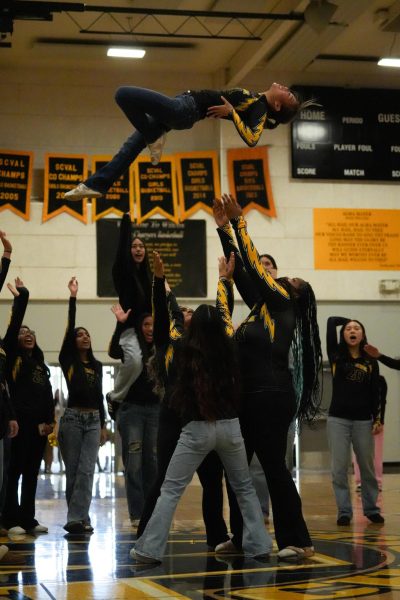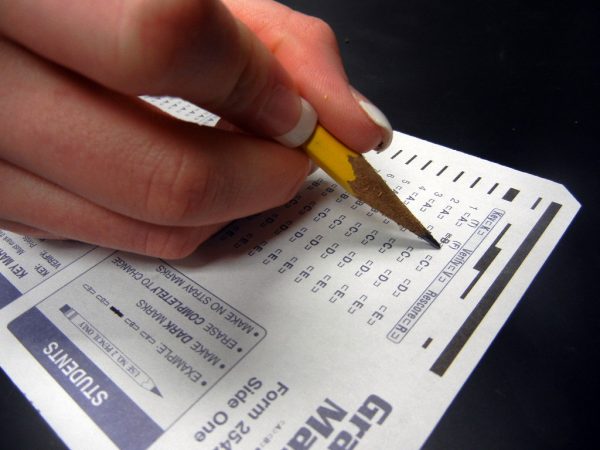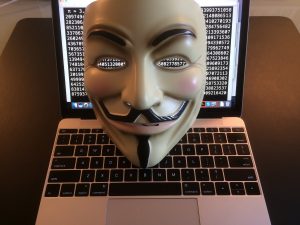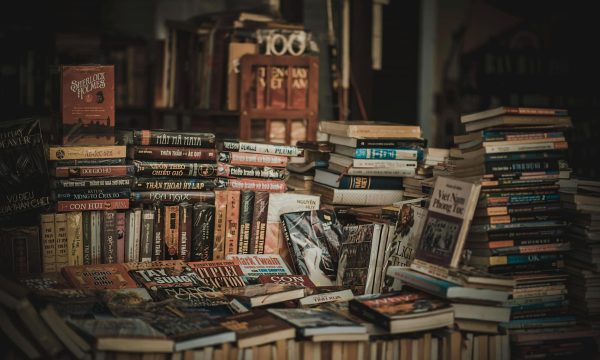On The Future of Humanity: The Dull Ages

A work of art titled “My Bed” by Tracy Emin
An Unmade Bed. Something most people would expect to find in the typical teenager room, but this particular unmade bed sold for over four million dollars when artist Tracey Emin auctioned her 16 year old bed, titled “My Bed,” at Christie’s art auction in London. Stories like this one are becoming more and more common as people sell weird art for more than the value of a house here in the bay area. Some criticize the art industry for it, I criticize the world.
The world experiences so many forms of stimulations today that I hypothesize that we are about to enter a new dark age, a Dull Age. With the rise of on-demand streaming, delivering, and socializing services, people lose patience, perspective, and appreciation of the world around them, life becomes dull.
To establish my claims as a hypothesis, the beginning of the Dark Ages has similar features of our modern day. The Dark Ages first began when knowledge was destroyed and the church outlawed reason in favor of faith. Although the church is not outlawing reason, people seem to be outlawing reason with the rise of social media. United States politics have become polarized with both sides claiming the other reads, “fake news.” The internet has an abundance of information but without a fact checking system. To find and verify a statement as false would take too much time to do as millions of people post on Facebook or send Tweets out to their friends and families linking articles written by people with less credibility than a highschool journalist.
The reaction to reading these? Oh they must be true, I found it, I decided to read it, it aligns with my beliefs, so it must be true. However when people try telling them they are wrong and cite their own sources, the reaction is typically immediately claiming they are wrong and that they need to check the facts. How often does anybody check the facts? How many people will read multiple sources of information to ensure they understand the complete issue? Common people would rarely do that because it would take too much time to receive the gratification of knowing when they could watch an influencer dance about it on Tik Tok. Why bother checking multiple sources when you can just watch “The Most Trusted Name in News?” The on-demand culture we have created has supported the rise of our uncertainty.
The world is also becoming overstimulated by the sheer number of people we encounter everyday. Before the COVID pandemic, every Wilcox student was expected to be present at school. This would often total to over 2,000 students, but I could probably recognize about 100. Nearl 1,900 faces would pass through my vision and quickly be forgotten throughout the school day.
Some argue there has been no change in the level of connection students have. Students still make friendships, students still hang out in their own time, and students still like to party. However, when was the last time a student received a call and answered excitedly because they were not expecting it? When was the last time students showed up at their friend’s house without texting them first? Where has the confidence to spontaneously do things gone, and why has it been replaced with anxious emotions? Overstimulation. Youth are overstimulated by the numerous people they come into contact with, the numerous social media notifications the scroll through, and the on-demand media that shorten’s their patience
Not only has there been an overstimulation in the information we receive, but a gap in education has also grown to concerning levels. Part of the cause of the Dark Ages was that only the church had the power to say what was right and wrong, knowledge was in the hands of the few. In 2014, only 0.26% of the world’s population knew how to code according to Christopher Dwyer Ph.D. Coding is the foundation of our modern source of information; the internet, and less than one percent of our population understands it. Invaders had to storm into Rome to burn the vast libraries that contained most knowledge, but only a small group of hackers would have to shut down key platforms to control the stream of information to the public.
If history and experience were not enough to convince you, some science also supports the hypothesis. During the Dark Ages, the common beverage was beer, and the common drug of choice was alcohol. As a depressant, alcohol made people slower as well as sad. Less work got done, and less motivation was put into society. Eventually coffee rose in popularity, very similarly around the Age of Enlightenment. The drug of choice became caffeine, which stimulated people. People felt more active and ready to work longer hours. According to various studies, the US coffee market was about 48 million dollars in 2019. 48 million dollars were spent on a stimulant in an attempt to wake society up, and energize them to work.
We are pumping ourselves with artificial energy, trying to stimulate ourselves to be able to work. We are pumping our art with artificial energy, trying to stimulate ourselves to find meaning in unmade beds. We are pumping our youth with artificial energy, trying to stimulate their minds so they lose patience as on-demand culture and social media grow. We are destined to reach a limit. We are destined to find life dull. We are destined to face The Dull Age.





